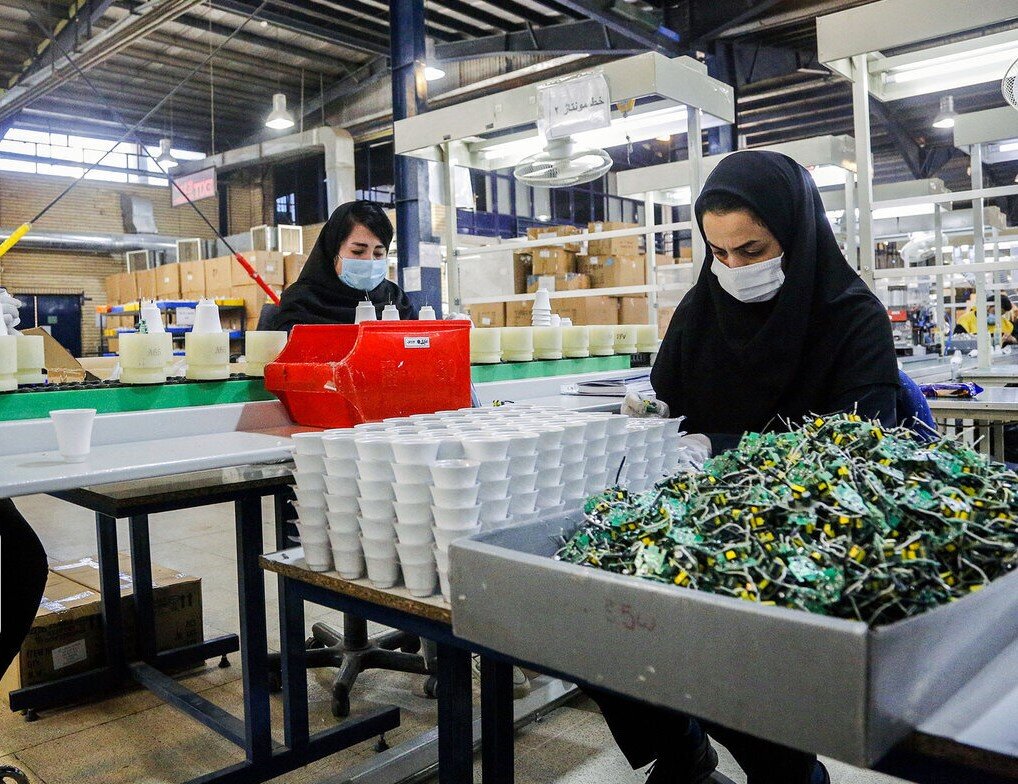CBI praised for ensuring economic security during 12-day conflict

TEHRAN – A senior member of Iran Chamber of Commerce, Industries, Mines and Agriculture (ICCIMA) said the rapid allocation of foreign currency for essential imports played a vital role in maintaining economic security during the recent 12-day conflict, praising the Central Bank of Iran (CBI)’s performance in stabilizing markets and preventing panic.
Seyed Yousef Hosseini told IRNA that the coordinated response from the government and the Central Bank helped manage the foreign currency market effectively, ensuring the timely supply of basic goods and medicine while avoiding a surge in demand for hard currency.
“In times of crisis and high currency volatility, it is typically expected that the dollar rate will soar. But during the 12-day war, the Central Bank’s decisive intervention prevented instability and maintained market calm,” said Hosseini.
He noted that the dollar experienced only limited fluctuations, and even returned to a lower range shortly after the ceasefire — a result he attributed to sound policymaking and timely execution.
Public restraint helped stabilize the market
Hosseini emphasized that public behavior was another key factor in preserving market stability. “The Iranian people acted rationally and avoided panic-buying or hoarding foreign currency. Their calm response greatly reduced pressure on the market,” he said. “This unity among citizens and economic managers ensured the continued availability of essential goods without major disruption.”
Currency supply for essential goods prioritized
The ICCIMA official credited the CBI with giving top priority to supplying currency for medicine and essential imports, helping to avert shortages and sharp price spikes. He also acknowledged the close cooperation of relevant ministries, which oversaw the distribution of goods and maintained regulatory oversight throughout the conflict.
Hosseini highlighted the hands-on approach of the Central Bank governor, who visited bank branches in Tehran during the early days of the conflict to ensure continuity of banking services. Despite cyberattacks and minor technical disruptions, the banking system remained operational with minimal interruption, thanks to round-the-clock efforts by senior managers and frontline staff.
Confidence in new economy minister boosts stability
Hosseini, a former head of the foreign currency committee at the Iran Chamber of Commerce, also pointed to growing public confidence in the new Minister of Economy. “With his experience and expertise, the new minister has met the expectations of both the public and the business community, implementing sound policies in challenging times,” he said.
He concluded that the Central Bank’s performance during the 12-day war was a successful example of crisis management. “This experience proved that with careful planning, national unity, and decisive leadership, economic security can be preserved even under the most difficult circumstances.”
EF/MA
